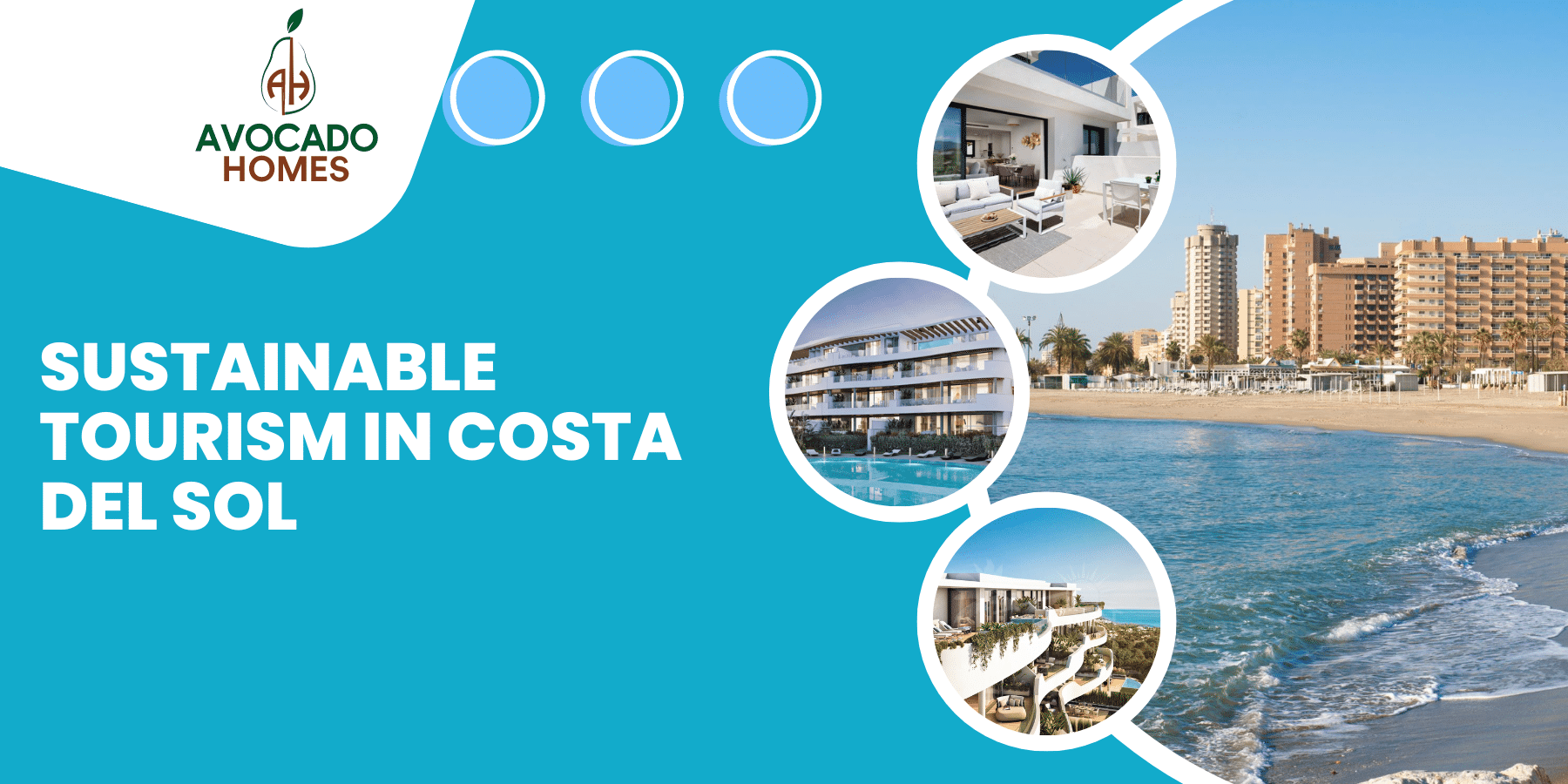As sustainability becomes an increasingly important aspect of travel, many tourists are seeking out eco-friendly destinations and experiences that minimize their environmental impact. Fortunately, the Costa del Sol region in southern Spain is leading the way in sustainable tourism, with a wide range of attractions and accommodations that prioritize eco-friendly practices.
Organic Farms and Sustainable Agriculture
One of the most exciting sustainable tourism options in the Costa del Sol region is the abundance of organic farms and sustainable agriculture initiatives. These farms offer visitors a chance to explore the natural beauty of the region while also learning about the importance of sustainable farming practices. Some farms even offer eco-friendly accommodation options, such as yurts or glamping tents, where guests can experience sustainable living first-hand.
Eco-Friendly Hotels and Accommodations
Another aspect of sustainable tourism in the Costa del Sol is the growing number of eco-friendly hotels and accommodations. These properties prioritize energy efficiency, waste reduction, and other eco-friendly practices to minimize their environmental impact. Some even go beyond the basics, offering unique features such as green roofs, solar panels, and electric vehicle charging stations.
Sustainable Attractions and Experiences
In addition to eco-friendly accommodations, the Costa del Sol also offers a wide range of sustainable attractions and experiences. For example, visitors can explore the natural beauty of the region through activities such as hiking, kayaking, and wildlife watching. They can also learn about the history and culture of the area through sustainable tours and activities, such as visiting local artisanal workshops or participating in organic cooking classes.
Supporting Local Communities
One of the key aspects of sustainable tourism in the Costa del Sol is the focus on supporting local communities. Many sustainable tourism initiatives in the region are run by locals, who are committed to preserving the natural beauty and cultural heritage of their home. By supporting these initiatives, travellers can help to ensure that their visit has a positive impact on the local community, rather than causing harm.




